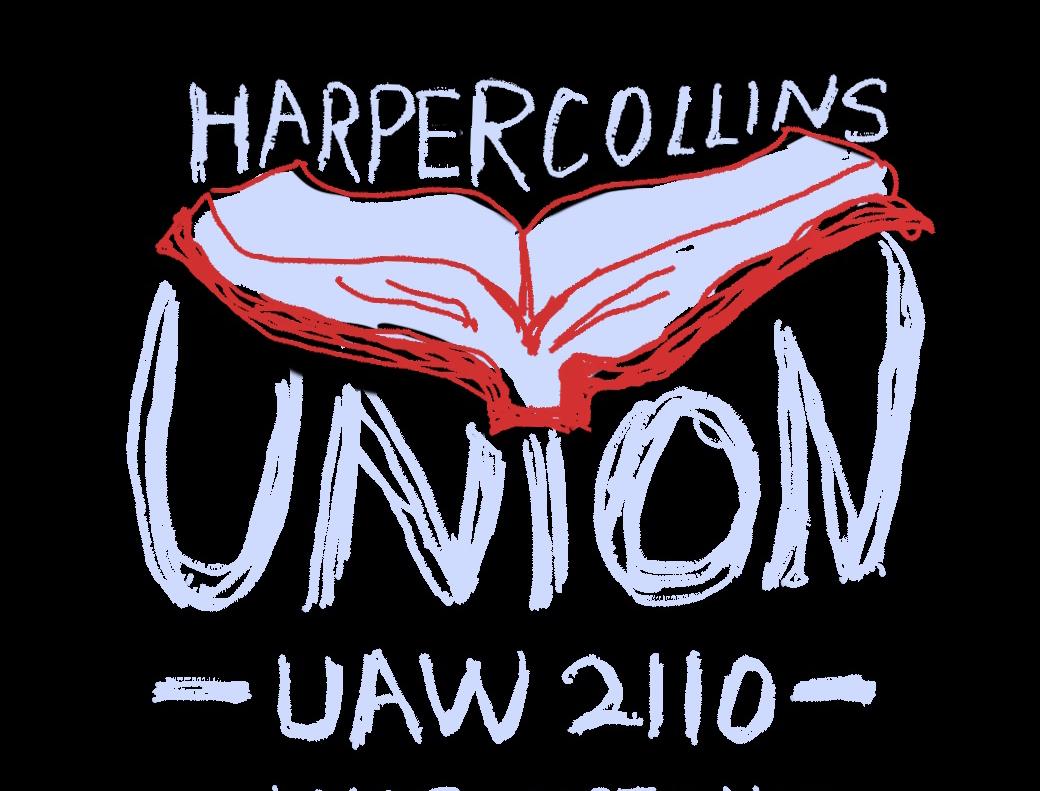
5 minute read
More than 200 asylum-seeking children go missing in the UK
grant asylum to many.
An article by The Observer explained that these goals to create strict immigration laws have worked in traffickers’ favor, as some traffickers have been exploiting the Home Office’s policy of deporting asylum seekers to Africa in order to target young asylum seekers. “Traffickers tell them they’ll be sent to Rwanda if they stay in the hotel,” sources told The Observer.
The Guardian reported that their whistleblower who works at a hotel in Hythe, Kent, believes that approximately 10 percent of the children seeking asylum in the U.K. disappeared each week. The article continued to explain that there are many unaccompanied asylum-seeking children in the U.K. Figures published by the Guardian show that in hotels run by the Home Office, 282 children have gone missing in the six months between April and October, and seventy had not been found.
tecting asylum seekers, according to the Guardian. When speaking of the U.K. government’s lack of action in defense of asylum seekers, Moseley said that “not having documents makes you vulnerable and makes it difficult to stand up for yourself. Intimidating asylum-seekers is an act of pure cowardice. We need a government that shows leadership and protects the vulnerable rather than empowering bullies by using damaging and divisive rhetoric.” Rebecca Hamlin, a professor of legal studies and political science at the University of Massachusetts Amherst, echoed these sentiments and said in an interview with Mount Holyoke News that “the anti-immigrant politics in the U.K. is very toxic, and portrays a lot of people with legitimate claims for protection under international and domestic law as illegal and undeserving.”
BY KIERA MCLAUGHLIN ’26 STAFF WRITER
Content warning: This article mentions human trafficking and involuntary sex work.
An investigation by The Observer broke the news in mid-January that over 200 asylum-seeking children are missing in the United Kingdom, The New York Times reported. NPR reported that Robert Jenrick, the minister for immigration in the U.K., notified lawmakers that more than 200 children and teenagers under 18 were missing from govern- ment-approved accommodations, most of whom were teenage boys from Albania.
According to The New York Times, this government-approved housing consists of hotels, where asylum seekers stay until the Home Office moves them to a more stable location. Yvette Cooper, head of immigration policy for the Labour Party, explained to The New York Times that “there is a pattern here but no one is properly investigating.” She went on to say that “there is no targeted unit going after them and saying, ‘this is a pattern,’ where young people are being trafficked across the channel and then into cannabis farms — or into prostitution in some of the worst cases — but into organized crimes, being picked up from outside these hotels.’”
According to an article by BBC News, there has been an exponential increase in Albanian migrants coming to the U.K. over the past three years. The New York Times reported that in the last year, approximately 40,000 people made the trip across the channel to the U.K., including 13,000 Albanians. Prime Minister Rishi Sunak has been working towards slowing the number of migrants coming to the U.K. and refusing to
Many organizations and the Home Office are disputing who is to blame for the lack of action on behalf of these children. Al-Jazeera reported that “rights groups condemned the [U.K.] government, while The Adolescent and Children’s Trust (TACT), a fostering charity, said the Home Office had ignored its calls to place the children in care homes.”
According to The Guardian, many asylum-seekers in the U.K. have been met with anti-migrant protests. The Guardian reported that an organization called HOPE Not Hate, which tracks far-right activity, identified five anti-migrant demonstrations that took place over the weekend. Clare Moseley, the founder of Care4Calais, a volunteer-run refugee charity, has called out the U.K. government for not pro-
The roles of this rising anti-migration movement in the U.K. and the response by the government have led to unrest and fear for asylum-seekers around the country, according to NPR. As reported by NPR, Labour Party lawmaker Peter Kyle pointed out in the House of Commons that “the uncomfortable truth for us is if one child who was related to one of us in this room went missing, the world would stop. But in the community I represent a child has gone missing, then five went missing, then a dozen went missing, then 50 went missing and currently today 76 are missing and nothing is happening.” While the number of asylum-seeking children placed in hotels by the Home Office increases, people like Yvette Cooper, Clare Moseley and Peter Kyle continue to speak up for the missing children seeking asylum.
Masking continues in South Korea and Japan, despite decreased regulations
BY QINGYUN SHI ’23 STAFF WRITER
On Jan. 31, 2023, South Korea dropped indoor mask mandates, a New York Times article reported. Beginning March 13, 2023, the government of Japan will further ease COVID-19 guidelines on mask-wearing, including those pertaining to public transportation and schools.

According to The Japan Times, Prime Minister Fumio Kishida hopes that relaxing public health measures will benefit economic and social activities. The New York Times article explained that wearing a mask has become part of a daily routine in people’s lives over the past three years, especially in some East Asian countries where pandemic restrictions have lingered for much longer than in other parts of the world. Despite the fact that governments are now easing legal restrictions, the article reported that many residents in countries such as South Korea and Japan are unlikely to stop wearing masks completely any time soon.
Naomi Tanaka, who lives and works in Japan, spoke to this issue in a recent interview with Mount Holyoke News. “Japanese people have always been wearing mask[s], even before COVID-19,” Tanaka said.
“In Japanese society, wearing masks is very common; many people — in- cluding me from time to time — will put on a mask when going outside.”
There are several reasons for people to continue wearing masks, according to the article. First, the habit can be difficult to change since masking has been the norm for the past three years. In Japan, for example, some call masks “kao pantsu,” or “face pants,” to convey that individuals would feel the same level of embarrassment when removing their masks as when removing their pants in public, The New York Times explained. For others in South Korea and Japan, masking can be a solution for social pressures around behaviors such as wearing makeup or smiling frequently. The article also explained that mask-wearing is seen as an effective measure for protecting individuals such as the elderly or those at risk of developing severe symptoms from being infected with COVID-19. Tanaka discussed the reasons why many people in Japan still wear masks. “I think there are two main reasons why Japanese people adopted this habit. One: wearing a mask when sick is a sign of consideration for others in Japanese culture. Two: Many Japanese people are allergic to flower [spores] in the air, especially in the spring. Wearing a mask can help you avoid contact.”
As of March 13, passengers on public transportation in Japan will not be required to wear masks due to individual seating, an article by The Japan Times reported. Students and teachers will also not be required to wear masks during upcoming graduation ceremonies as long as preventative health measures are put in place, such as adequate ventilation in rooms. The government will also encourage institutions to not pressure people to remove their masks if individuals wish to continue wearing them. Masks will continue to be recommended in congested indoor areas when social distancing is impossible, The Japan Times said.
Although both South Korea and Japan are continuing to reduce mask regulations, The New York Times reported that health authorities in both countries still encourage mask-wearing. COVID-19 infections in both countries have declined steadily in the past month, but health authorities worry that decreased regulations around masks and travel restrictions will cause another spike in cases.










